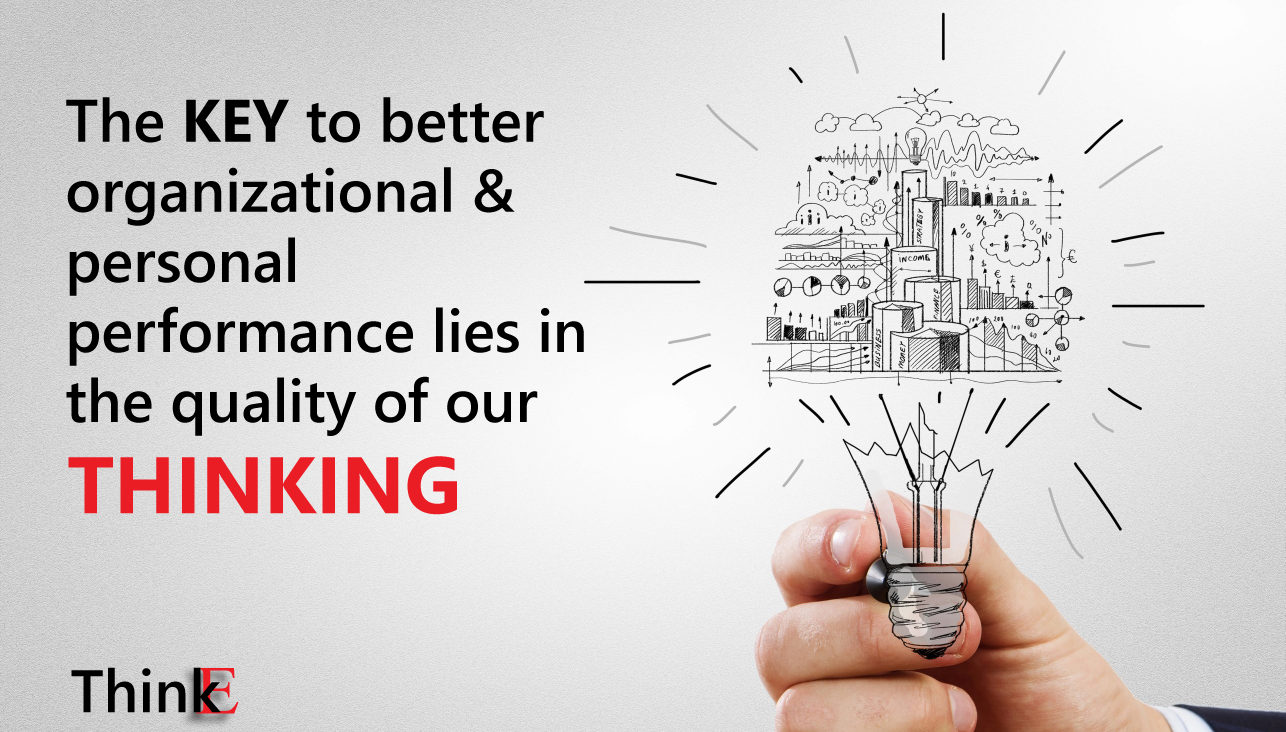In Marvel’s Agents of S.H.I.E.L.D, special agents Coulson, Daisy “Sky” Johnson, May, Fitz and Simmons are members of a team that battle villains and protect the innocent. They face tremendous challenges and unbelievable odds but in the end, they prevail because of one thing and Coulson puts it best when he says that the one thing that allows them to win is Teamwork.
If we want to create any organization or system wide change, and if we want the change to be sustainable, there is one important aspect that we need to focus on. This ONE thing is to build a tightly knit team of change agents across different parts of the organization. Instead of battling evil, this group battles organizational inertia to change. For example, you can look at creating such a group of change agents if there is intention to create and embed a culture change. There are 4 key items to consider if you’re looking to set up a team of change agents to transform the organization.
Select the right change agents – Look for people across the organization who are positive and open to change. Pick a mixture of team leaders, line managers or individual contributors who are good influencers or connectors with their peers. It is also possible to ask those with a “loud voice” or who may resist to be part of the change agent network. Engaging them as change facilitators gets them to focus on supporting the change instead of resisting it.
Role of the change agent – it’s important to define the role that change agents would play so that it sets up the right expectation and gives clarity on what they should do. Example of such a role definition:
- Sensing and Listening (to the practices and behaviors or people around them)
- Be a role model of the new cultural values or behaviors
- Facilitate sessions with different groups and teams to solicit feedback and foster ownership by the wider population to embed the new values into the daily behaviors
- Lead own team (if you’re a line leader) in embodying the new behaviors
Knowledge & Skills of the Change Agent – it’s equally important to equip change agents with the skills to be effective change agents. Change agents should be equipped with:
- The right mindset and empowering beliefs (e.g. Growth mindset vs fixed mindset)
- Facilitation skills (listening, paraphrasing, questioning, summarizing)
- Appreciative Inquiry (AI) skills to shift mindset and conversations towards solutions and possibilities
- Skilled at giving and soliciting feedback (in order to intervene effectively)
Change agents should also meet up regularly (say once a month) to update progress, share sensing, share successes and discuss any new ideas or approaches in embedding the new behaviors. Internal HR can coordinate such gatherings.
Mechanism to embed the organization wide change – change agents can work with intact teams and cross teams (i.e. different teams that frequently interface with each other) to come up with:
- Team norms (i.e. agreed behaviors and ways of working with each other)
- “Integration plan” – what to Start, Stop and Continue for the team leader and team members. Build actions in the plan where people explicitly do things or interact differently in line with the new values.
Mahatma Gandhi’s advice to “be the change you want to see” rings loud and true in any change effort. In order to create sustainable change, it is important to focus on equipping change agents with the right skills and mindset so that they can be the change that can shift the wider organization to the desired culture.
Brief Author Profile
Chris is the founder and managing director of THINKE LLP, a company that specializes in helping individuals and organizations create transformational shifts in thinking and effectiveness. His passion and purpose is to help people be more effective, motivated and fulfilled in what they do. He also moderates the facebook group “The Thinking Executive” at https://www.facebook.com/groups/thinkexec
Chris can be reached at thinke001@gmail.com or chrischew@thinke.co

